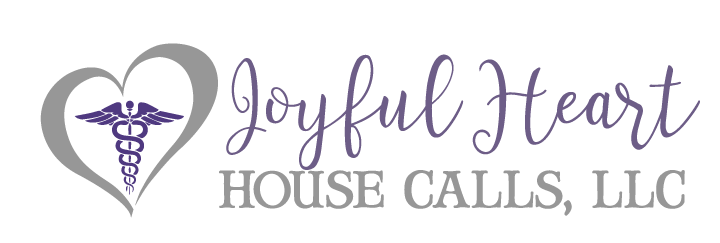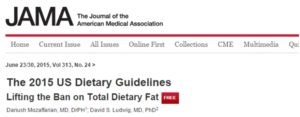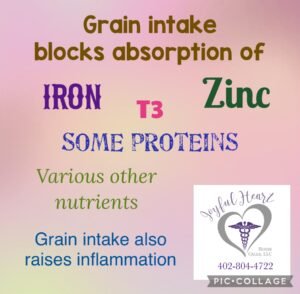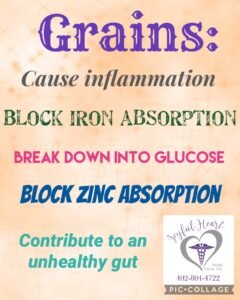In 2015, the US Dietary Advisory Council withdrew its long-standing recommendation for a low cholesterol diet for Americans. This change is a huge step for dietary guidelines; for the past 50+ years, medical and dietary experts have issued recommendations and guidelines that encouraged low fat foods, little red meat and pork, and high intakes of carbohydrates, starches, and even sugars. These recommendations have contributed to the widespread epidemic of obesity, high blood pressure, and diabetes across the nation.
Now that cholesterol is no longer the dietary enemy, what does it mean? It means we can go back to eating the way our grandparents and great-grandparents did – from the farm. Farm-raised animal & vegetable products offer a good source of healthy fats and nutrient-dense foods, including bacon, real butter, and heavy cream. While whole milk is a better source of healthy fats for little children, it’s not all that necessary for adults because it still contains a lot of milk sugar and the adult body, just does not need that much sugar – and low-fat milk products contain exactly the same amount of sugars as whole milk.
Low-fat products often contain high amounts of corn syrup, fructose, and other sugars in order for them to be tasty. But it’s these sugars that are “hidden” from most of us, and these sugars add up quickly. Low-fat salad dressings, for example, often contain 3-10 grams of carbohydrates, which is relatively high.
In addition, fats have been found to be necessary for proper brain development in infants and children; it has been long-established that youngsters transitioning from formula to cow’s milk at 1 year of age should only be offered whole milk because they need the fats for adequate brain and nervous system development.
Now that dietary recommendations allow for increased fat intake, many researchers will be more apt to perform studies on people with higher fat intakes. In the past, telling people to purposely consume fat for a study would have appeared unethical due to all the dietary regulations which discouraged fat for health’s sake.
The low-fat mantra of the past is fading into the history books, but many doctors, nurses, dietitians, and other experts are still very hesitant to jump on this high fat bandwagon; they are afraid. We have all been schooled and trained that fats are bad for us; even little kids now believe that a bagel and low-fat cream cheese is much healthier than eggs and bacon. Yet, check out the nutrition labels on each; there are hardly any nutrients at all in the bagel and low-fat cream cheese when compared to eggs and bacon! Even butter contains about 7% of the day’s recommended Vitamin A intake!
Since I was a young girl, we’ve seen the USDA issue a variety of nutrition recommendations; I remember the basic 4 food groups that encouraged 9-11 servings of breads/grains! Even as a 9 year old, I remember thinking “I could NEVER eat that many breads in a day!” Then came the pyramid, and now the plate; with each change, there were slightly fewer grains and more vegetables recommended. But even today’s recommendations include way too many grains and breads. Why? Likely, it’s because the federal government has subsidized the farming industry and the government officials don’t want to appear wrong or poorly-informed. The grain subsidies have provided tons of research dollars that companies like Monsanto have used to speed the growing season up, reduce pest infestations, and hasten processing – all in order to increase sales and profits.
It is time that “We the People” stand up. We must take control of our own health and nutrition. Low carb, high/healthy fat nutrition is gaining favor among the grass-roots people of our nation. Slowly but surely, health care providers across the land are beginning to catch on; and one step at a time, nutrition recommendations are changing.
Take charge of your health and the health of your family by adopting a lower carb lifestyle; eliminate breads, rice, corn, cereals, or sodas from your choices. Start with small steps. You don’t have to boycott every grain or sugar to start making a difference. Make one or two changes this week; after you start seeing the improvement in your health, it will encourage you to cut out something else you know is unhealthy. Start right where you are; do not go out and purchase tons of “gluten-free” foods – they don’t stack up to the regular products, and your taste buds will likely REVOLT! Start with just reducing some unhealthy choices; increase your vegetable intake. Use real fats – like butter, coconut oil, and bacon grease – to season and cook.
Share your story on our Facebook page; tweet us, using #KetoNurses. Don’t keep silent anymore. The American Heart Association and the American Diabetes Association will have to listen to us if we make enough dietary “noise”!!
